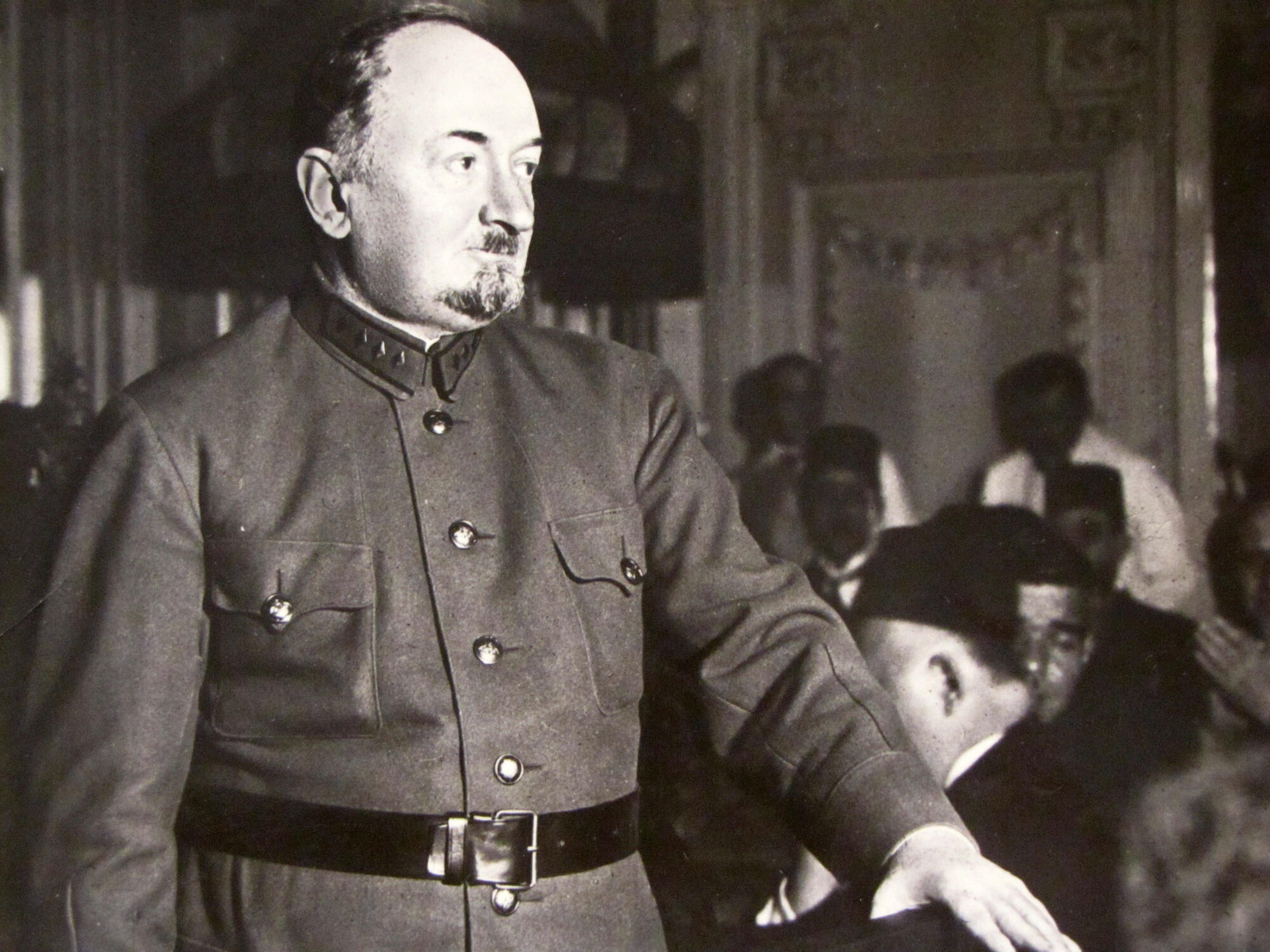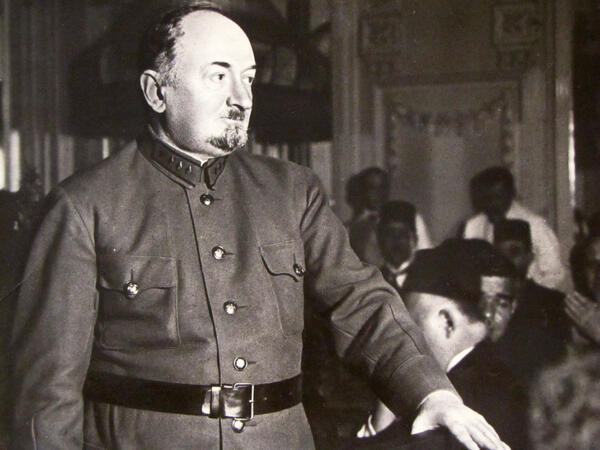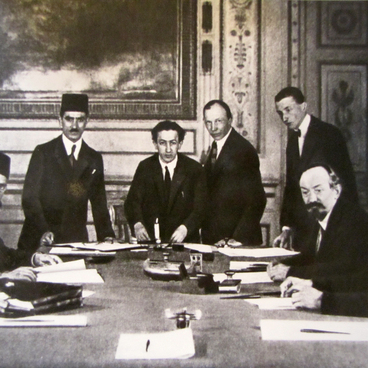Even in his youth, Georgy Chicherin showed interest in the history, philosophy and literature of the East. The study of books and documents ‘engendered in him passionate love’ for exotic cultures.
When working as People’s Commissar for Foreign Affairs of the RSFSR (and later the USSR) starting 1918, the hereditary nobleman paid special attention to Asian countries and the struggle of their peoples for identity. Colleagues jokingly called him “the head of the eastern faction in the People”s Commissariat.”
However, Georgy Chicherin did not try to hide his views on the problems of the region. In his opinion, “the eastern policy of the Soviet government is completely independent, extremely important and, perhaps, even the most significant area of its international activity.”
The man backed up his words with deeds, giving a lot of energy to establish respectful relations and observe agreements with neighboring states, for example, with Afghanistan, China and Turkey.
A significant place in his work was occupied by interaction with Iran (aka Persia until 1936). Thus, at the winter of 1921, the first treaty of friendship was concluded between the Soviet and Persian governments. On the part of the RSFSR, the document was signed by Georgy Chicherin and Lev Karakhan, his deputy.
It is worth saying that the archival letters demonstrate the Commissioner’s deep knowledge of current affairs abroad of the RSFSR. In 1922, he wrote to Fyodor Rothstein, the plenipotentiary representative on the Iranian territory: ‘Our eastern policy strives for the independent economic and political development of the eastern peoples and will support them in this in every possible way. We see our role and our calling in being disinterested friends and allies of peoples fighting for achieving fully independent economic and political development. Let the Persians not fear that we will be traitors. We cannot be such, for that would undercut the very foundation on which our political position is based.’
The next important step for Russian diplomacy is the 1927 treaty. Thanks to those documents, Soviet Russia and Iran achieved equal rights to navigation in the Caspian Sea.
When working as People’s Commissar for Foreign Affairs of the RSFSR (and later the USSR) starting 1918, the hereditary nobleman paid special attention to Asian countries and the struggle of their peoples for identity. Colleagues jokingly called him “the head of the eastern faction in the People”s Commissariat.”
However, Georgy Chicherin did not try to hide his views on the problems of the region. In his opinion, “the eastern policy of the Soviet government is completely independent, extremely important and, perhaps, even the most significant area of its international activity.”
The man backed up his words with deeds, giving a lot of energy to establish respectful relations and observe agreements with neighboring states, for example, with Afghanistan, China and Turkey.
A significant place in his work was occupied by interaction with Iran (aka Persia until 1936). Thus, at the winter of 1921, the first treaty of friendship was concluded between the Soviet and Persian governments. On the part of the RSFSR, the document was signed by Georgy Chicherin and Lev Karakhan, his deputy.
It is worth saying that the archival letters demonstrate the Commissioner’s deep knowledge of current affairs abroad of the RSFSR. In 1922, he wrote to Fyodor Rothstein, the plenipotentiary representative on the Iranian territory: ‘Our eastern policy strives for the independent economic and political development of the eastern peoples and will support them in this in every possible way. We see our role and our calling in being disinterested friends and allies of peoples fighting for achieving fully independent economic and political development. Let the Persians not fear that we will be traitors. We cannot be such, for that would undercut the very foundation on which our political position is based.’
The next important step for Russian diplomacy is the 1927 treaty. Thanks to those documents, Soviet Russia and Iran achieved equal rights to navigation in the Caspian Sea.



